THINGS aren’t always clear, especially in a foreign country and language.
Often the answer to ‘why didn’t you tell me?’ is ‘you didn’t ask!’ 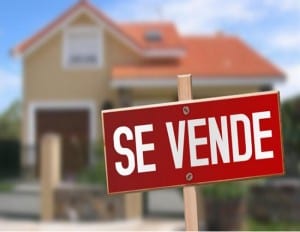 The fact you didn’t know to ask is irrelevant.
The fact you didn’t know to ask is irrelevant.
These are the nine important questions to ask when investing in property.
1. “Is the Spanish taxman’s value of the property higher than the price I am paying?” If it is, you may receive an additional tax bill, which can be quite a shock if not expected. It’s called ‘La Complementaria’. (A compliment like that one can do without!)
2. “Are there any guarantees regarding treatment of any timbers in the building?” While wood rot is relatively rare in the area, insect attack can be serious and rapid. It mostly affects young, unseasoned wood.
3. “Is the property 50 or more years old?” Properties over 50 years old should have a technical inspection to ensure the structural stability – Inspección Técnica de Edificios, which is required to be renewed every 10 years. “Does the municipality enforce it and is there a certificate of compliance?”
4. “Have you checked that there are no abnormal ground conditions, nor archaeological remains, nor pollution nor asbestos?” All these could affect occupation, development or value of the property.
5. “Have you seen the ‘Fin de Obras’ for the whole building and separately for any later additions and what is the date?” Provided by the architect supervising the construction, confirming compliance with the appropriate building regulations. The guarantee obligations of builders and developers start on that date, NOT the date of the First Occupation Licence, which is granted after, and there can be months or even years of difference between these two dates.
6. “Is there a First Occupation Licence? We are not going to buy if there isn’t one.” An absolutely essential question and statement.
7. “Is there a Decennial Structural Insurance policy or was there one for the first 10 years of the building’s life?” These confirm that the construction of the concrete structure was independently supervised and tested. Every developer is obliged to have one for every new building. However, houses or significant extensions constructed for occupation by the owner are not required to have this insurance, but they cannot be sold for 10 years unless a retrospective one is provided. The policy will probably only cover the house structure and not non-loadbearing walls, etc, and not the garage, pool, retaining walls, drives or other works. It is not the equivalent of a UK NHBC policy.
8. “What guarantees and warranties are there for the machines and equipment?” Check the start and expiry dates.
9. “Is the property being sold ‘cuerpo cierto’?” This has the same effect as ‘Sold as Seen’, with no guarantee of sizes or condition and could be used to avoid the ‘Vicios Ocultos’ law, which relates to hidden defects. If a significant defect is discovered within 6 months of purchase, the buyer can claim compensation or oblige the buyer to take back the property and pay back the price. However, it’s one thing having a legal right; it’s another successfully enforcing it! Much better to have the property surveyed before buying and find the evidence of the problem before paying, deducting the cost from the price or even walking away from somebody else’s problem.
If you don’t ask can you be certain that your adviser did?

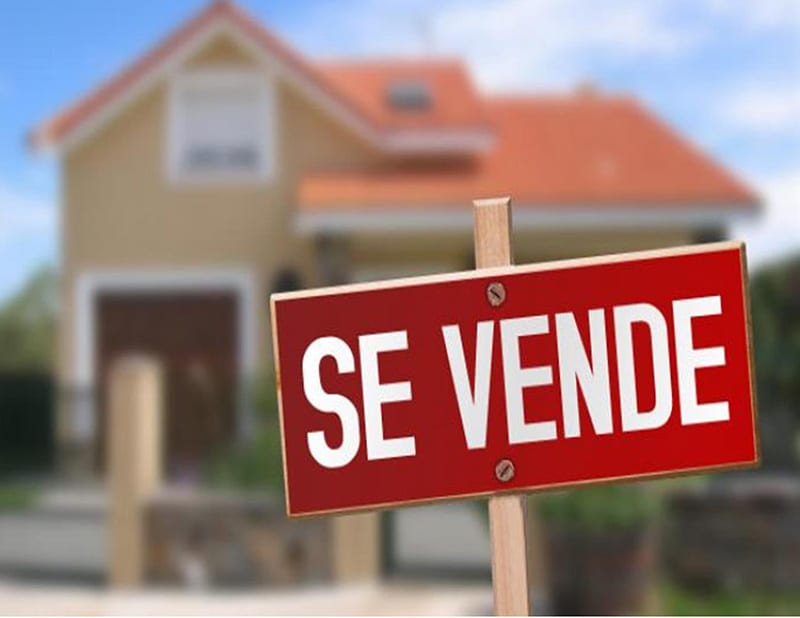


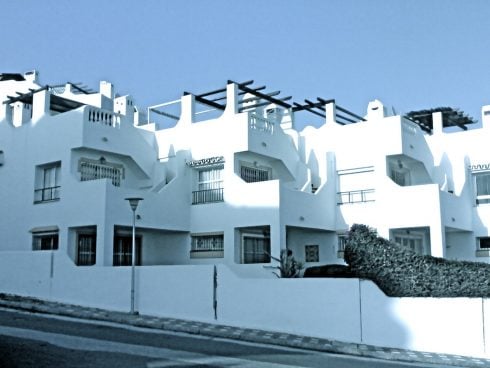
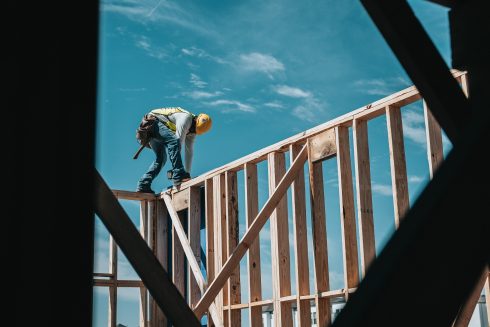

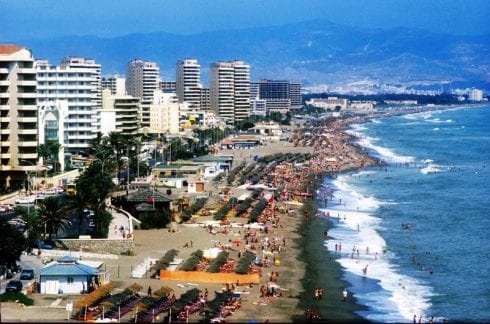

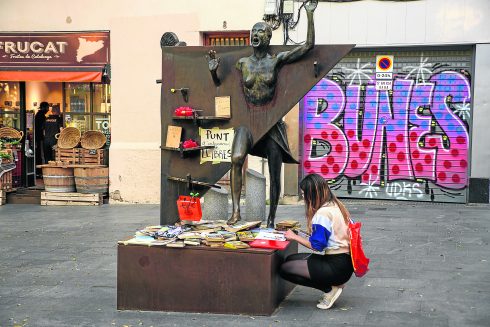


Had to laugh reading this article – you can ask all the questions you like but does the author really think that any professional in Spain is going to tell you the truth -LOL
Several important ‘asks’ have not been mentioned for instance:
Will my views be blocked that you the salesman/woman tell me will not happen and will be a permanent green area?
Will barking dogs be allowed to live in the development?
Will there be strict covenants?
Will you guarantee the community charges won’t rise above inflation?
Will you put all your answers to my questions in writing and in the contract, and refund all monies if in breach of contract?
Then tell the developer that you will make a retention of 5-10% or more for so many years etc
Of course its more than likely that none of the above and questions in the article would or could be 100% guaranteed in Spain despite the developer’s lip-service, rather wishful thinking.
Question 1: Am I mad thinking about buying a property in Spain???!
Buying property in Spain is dangerous. This is particularly true for Brit’s after Brexit..who knows how the Spanish government..or the various provincial governments..or city agencies will interpret the meaning or implication. Try the courts..you say. Well, perhaps in your lifetime will the resolution end..or perhaps not.
A solemn Amen to that Bill.
Another thing to make sure you check is if there is a “derrama” for future works within your block or community. We got caught out when the seller failed to declare that the underground car parking was due to be reformed. On the day of signing at the notary we found out two hours before that should we complete on the sale that we faced an extra 900€ “derrama” cost for the work to be carried out.